|
Ruiyi Fang (方睿怡) Hello! This is Ruiyi (Raelyn)! I am a first-year doctor student at Yamakawa Lab in UTokyo, advised by Prof. Yawakama. Before coming to UTokyo, I was a master with a focus on the industrial applications of transfer learning with few samples in Central South University, advised by Prof. Kai Wang. I received B.E. from Chang'an University. My research interests lie in AI for robotics, embodied AI, deep learning, transfer learning, and imitation learning. Most of my research focus on the applications of deep learning, particularly in the few-sample scenarios. Please feel free to contact me with email. ~ Email / CV / Github / Google Scholar ~ |
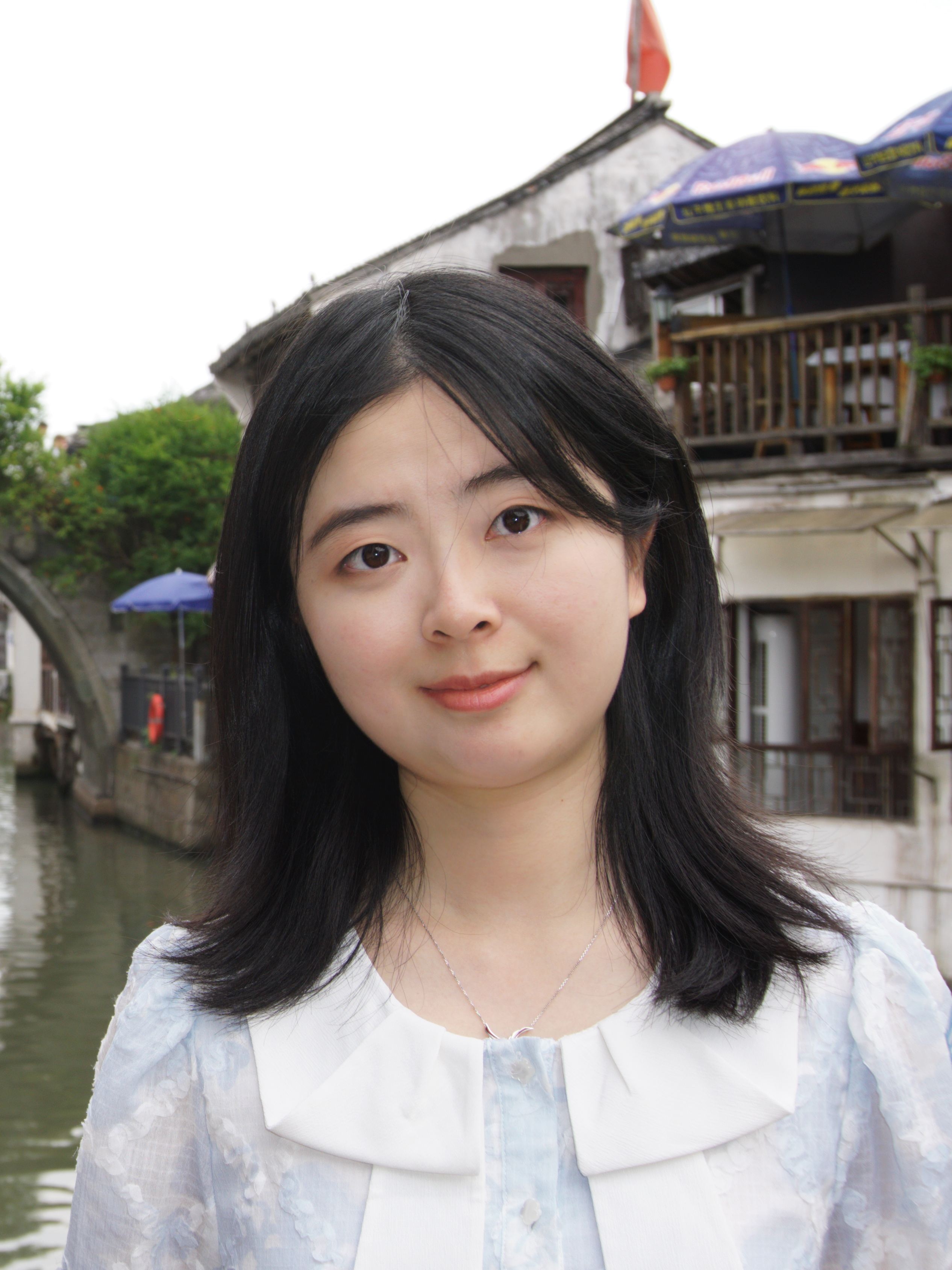
|
News |
Oct'25 |
This page last updated on Oct.1st. |
Oct'25 |
Starting my Ph.D. at UTokyo. |
Research |
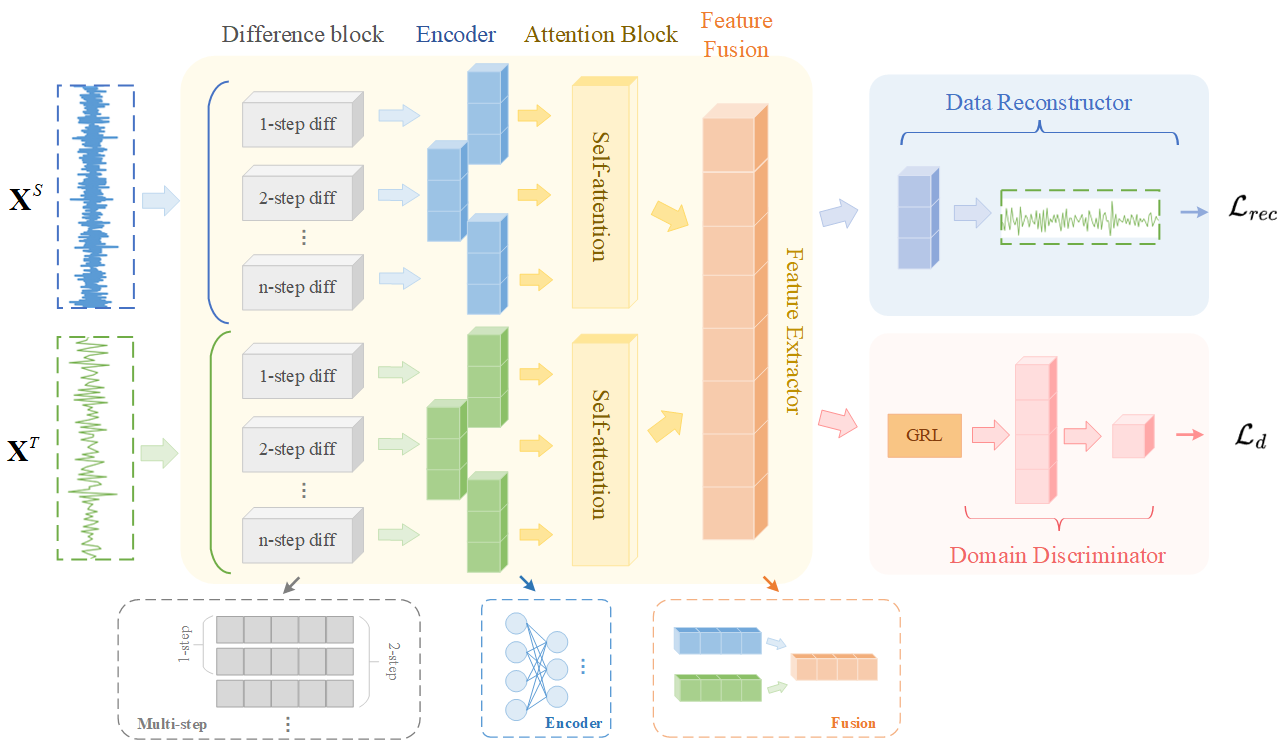
|
Multi-step Difference-driven Domain Adversarial Network for Few-sample Fault Detection in Dynamic Industrial Systems
Ruiyi Fang, Kai Wang*, Xiaofeng Yuan, Zeyu Yang, Yalin Wang, Chunhua Yang. Engineering Applications of Artificial Intelligence (EAAI), 2025 [paper] In this study, we introduce a dynamic domain adversarial network (DDAN) for dynamic few-sample fault detection in industry. To tackle the dynamic characteristic in industrial data, a special multi-step difference module incorporating the self-attention mechanism is designed. Moreover, considering the few-sample problem (or cold-start problem), the DDAN is trained in an adversarial framework to transfer the domain-invariant features. |
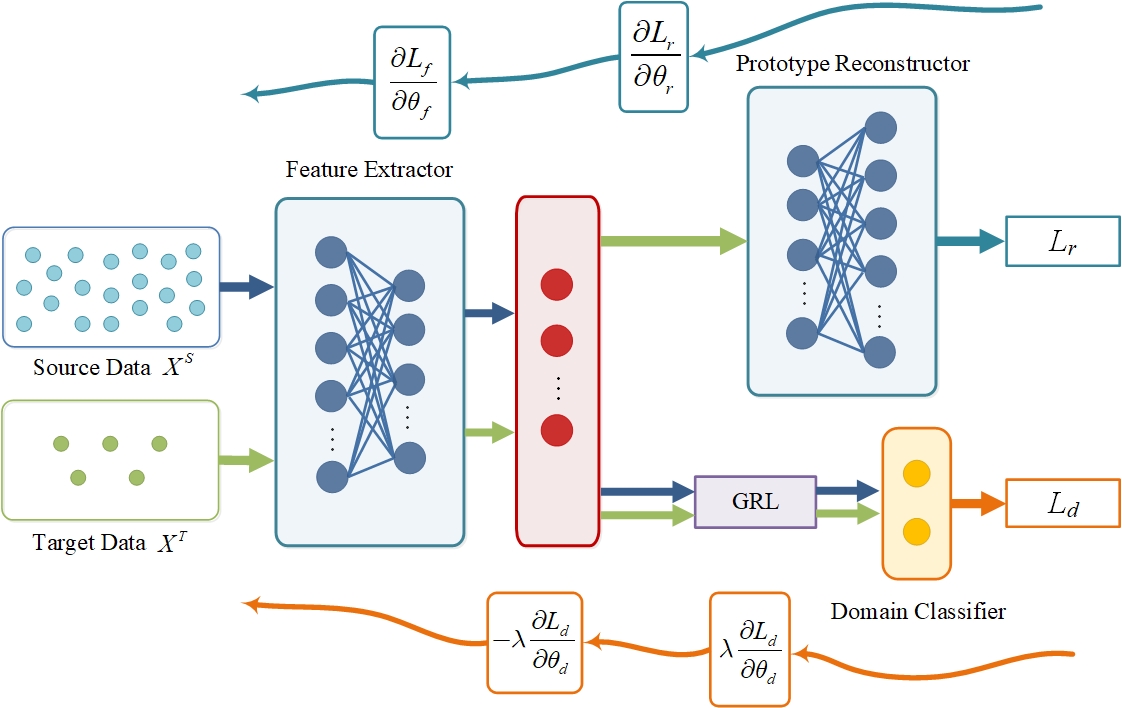
|
Unsupervised Domain Adversarial Network for Few-sample Fault Detection in Industrial Processes
Ruiyi Fang, Kai Wang*, Jing Li, Xiaofeng Yuan, Yalin Wang. Advanced Engineering Informatics (AEI), 2024 [paper] In this work, we introduce an adversarial-based unsupervised network for fault detection in few-sample scenarios. Due to the significant disparity in data quantity between the target domain and the source domain, the adversarial training process inevitably encounters an imbalance problem. To address this issue, we propose a domain imbalance aware margin (DIAM) loss to rebalance the domain margin between the two domains. |
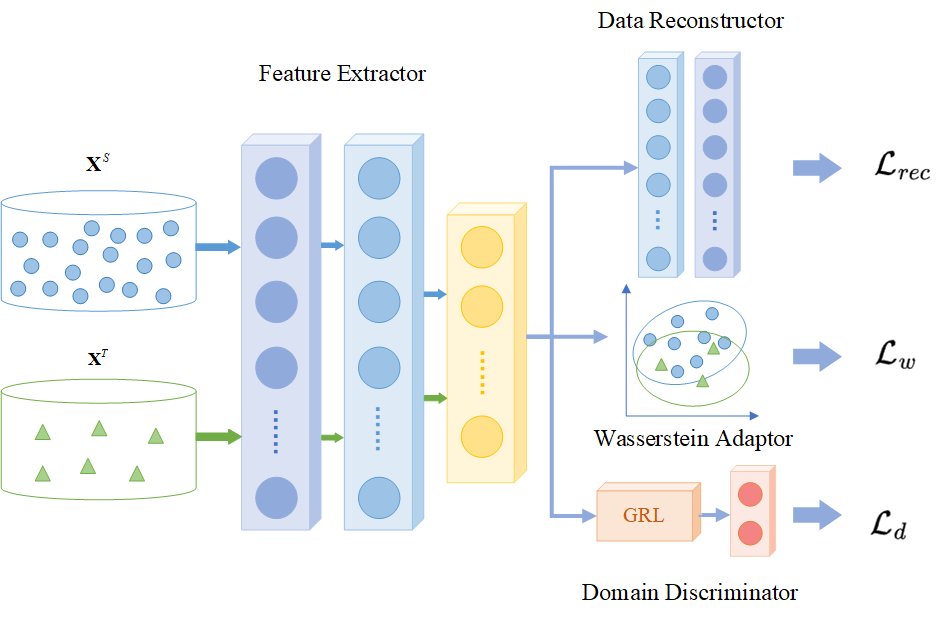
|
Wasserstein Distance Based Domain Adversarial Autoencoder for Industrial Few-sample Fault Detection
Ruiyi Fang, Kai Wang*, Xiaofeng Yuan, Yalin Wang, Chunhua Yang. Asian Control Conference (ASCC), Jul. 2024 (Oral) [paper] We propose a method called WDAA, which utilizes an adversarial framework to transfer knowledge from a data-rich source domain to a data-poor target domain. To further enhance the domain adaptation performance, we develop a Wasserstein adaptor. The model was validated using data from an industrial process, the Continuous Stirred-Tank Reactor (CSTR). |
Education |

|
Oct '25 - |

|
Sep '22 - Jun '25 Awards:
|
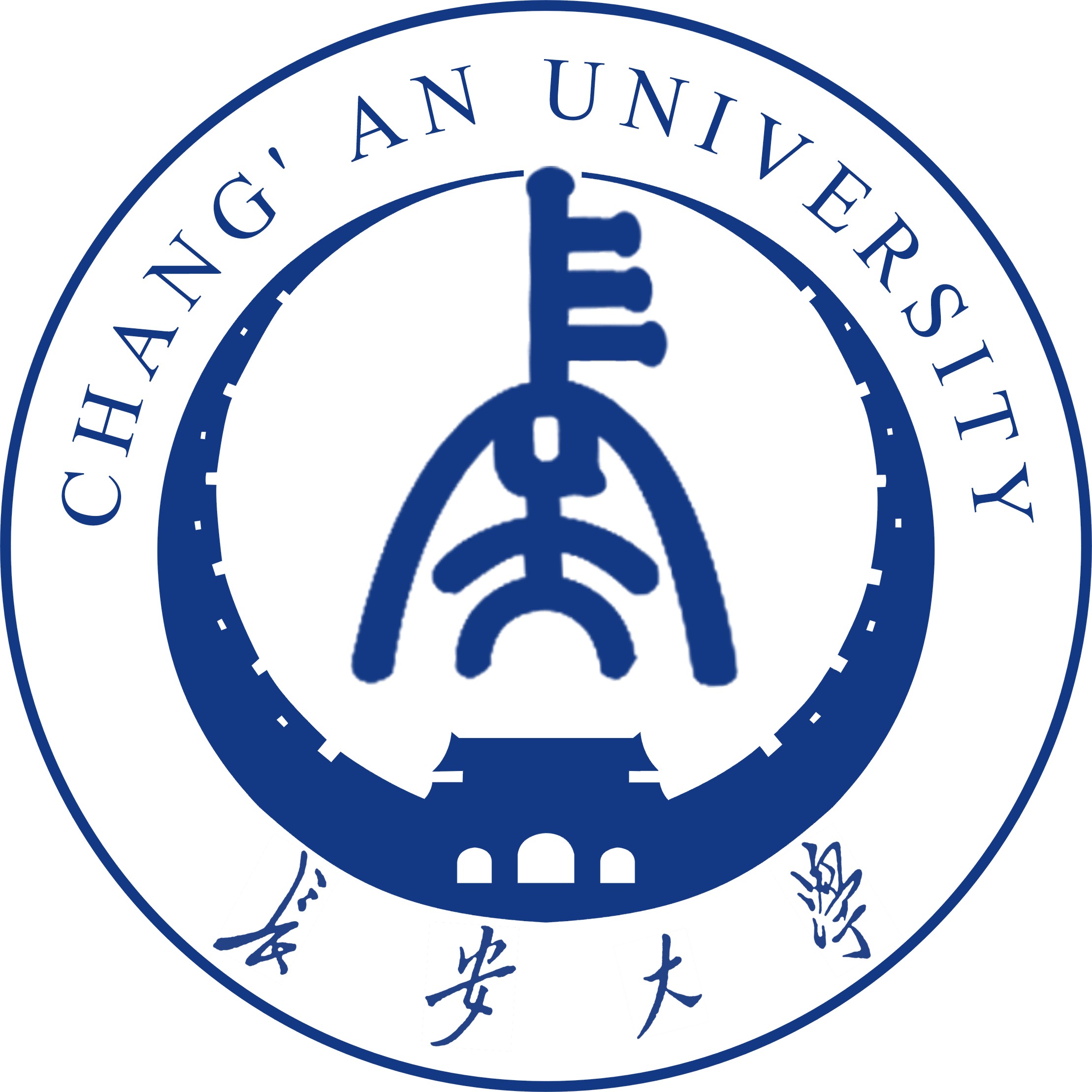
|
Sep '18 - Jun '22 Awards:
|
|
This template is a modification to Jon Barron's website. Find the source code to my version here. Feel free to clone it for your own use while attributing the original author Jon Barron. |